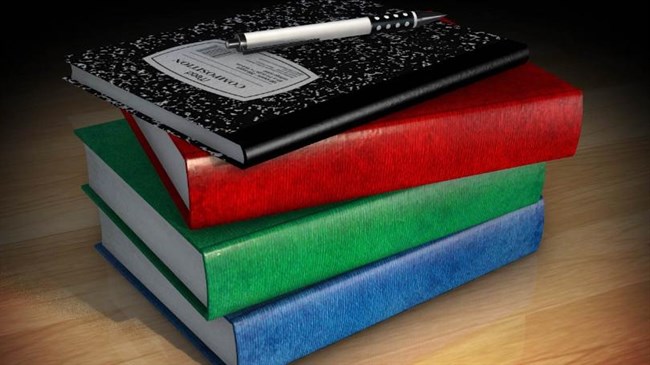
The problem is particularly acute among the nation's high school seniors.
The 2015 National Assessment of Educational Progress, often called ‘the Nation's Report Card’, shows only about a third of fourth and eighth graders demonstrated strong academic performance in the sciences. Among 12th graders, just one in five were proficient or above in science, according to abcnews.go.com.
"We still are not at a place as a country where we are preparing the future STEM workforce that we need," Education Secretary John B. King Jr. said referring to science, technology, engineering and math courses. "We think there's significant work still to do, but we are heartened by the progress that we see in these results."
Average scores on the science exam were up four points in grades four and eight, and unchanged for 12th grade, compared to 2009. The results also show that fourth-grade girls had closed the gender gap and were now performing as well as boys. In eighth grade, that gender gap had tightened.
Achievement gaps among white, black and Hispanic students narrowed, too, at grades four and eight, as minority students made greater gains, said Peggy Carr, acting commissioner at the National Center for Education Statistics.
Susan German, an eighth-grade science teacher at Hallsville Middle School in Missouri, welcomed the gains, saying 'improvement is always good even if it's in small bits.'
German says she engages her class with lots of hands-on projects. In one, her students had to design and build models for a water treatment facility. They tested their designs and made adjustments for any leaks, but German says it's not just the science she's trying to teach.
"While they're acting like scientists and engineers, it's the bigger, broader thinking skills that I'm after, because regardless of what you want to do in this world, critical thinking skills are important," she said.

Add new comment